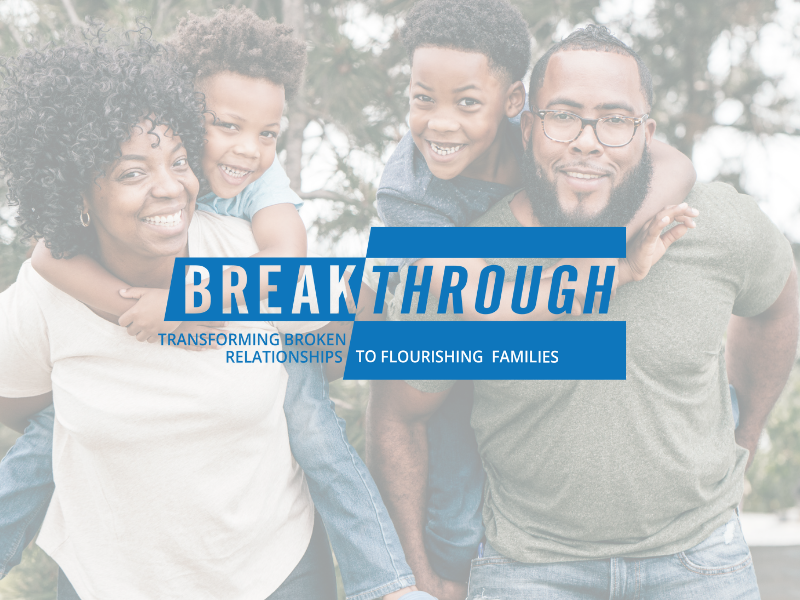
Stress cracks in the labor market

Stress cracks in the labor market
Key Points
- There are more jobs available in America than ever before.
- There are more people NOT working in America than ever before.
-
At Georgia Center for Opportunity, we have created a two-step process to create meaningful, self-supportive work.
“Never has work been so readily available in modern America; never have so many been uninterested in taking it.”
That’s a key point made by social scientist Nicholas Eberstadt in a new column for The Wall Street Journal. Eberstadt points out that even in an environment with historically low unemployment, the truth is that millions of workers are missing from the labor force.
“We now face an unprecedented peacetime labor shortage, with employers practically begging for workers, while vast numbers of grown men and women sit on the sidelines of the economy—even though job applicants have more bargaining power in the ‘Great Resignation’ than at any time in recent history,” he writes.
Eberstadt points to the unprecedented federal government response to the pandemic as a key driver of the current quandary: stimulus payments, expanded child tax credits, and heightened unemployment benefits, to name a few.
The problems were evident before the pandemic but became worse after. “The current manpower shortage highlights the new face of the flight from work in modern America,” Eberstadt writes. “With pre-Covid rates of workforce participation, almost three million more men and women would be in our labor force today. Prime-age men account for only a small share of this shortfall: Half or more of the gap is owing to men and women 55 and older no longer working.”
Eberstadt has also written quite a bit on how people are spending their time as non-workers:
“Men 55 to 64 who were neither working nor looking for work … were kings of the screen, clocking in a self-reported 2,400 hours during 2020—possibly a new record in the inactivity olympics and nearly 300 hours more than a typical fulltime job requires in year. Prime-age women who are both work-free and child-free exhibit similar traits—especially those neither employed nor in education or training (called NEETs by economists). In 2020 they reportedly devoted even less time to household chores, taking care of other household members or getting out of the house than prime male labor-force dropouts—and allocated almost 11.5 hours a day to “personal time” (mainly sleep), more than any other group.”

“Men 55 to 64 who were neither working nor looking for work … were kings of the screen, clocking in a self-reported 2,400 hours during 2020.”

“Men 55 to 64 who were neither working nor looking for work … were kings of the screen, clocking in a self-reported 2,400 hours during 2020.”
So, what’s the bottom-line conclusion of all of this? Here at the Georgia Center for Opportunity, we are striving to create a culture that values work and helps all people — particularly disadvantaged populations — find meaningful, self-supporting work. There is a two-step process here:
- Policy solutions
A big problem standing in the way is a failing welfare system, one that traps people instead of serving them. Even if well-intentioned, the existing collection of complex and inefficient welfare programs is vast, disconnected, and dehumanizing. Tragically, it deprives people of the hope and dignity that comes with steady work and the government’s response to the pandemic only made these problems worse. That is why GCO advocates for welfare reform that streamlines and simplifies the safety net, while doing away with benefit cliffs that punish people for earning more and climbing the economic ladder.
- Community solutions
The solutions don’t stop at policy reform, however. We also need on-the-ground help. That’s what GCO’s BETTER WORK program is all about. Now operating in Gwinnett County and Columbus — but soon spreading to other areas of the state — BETTER WORK is about collaboration between key stakeholders in our communities to help people find work.
The mission of BETTER WORK has never been more important than it is today. As we continue to emerge from the economic fallout of the COVID-19 pandemic, the labor market will keep shifting in significant ways. No matter what that looks like, BETTER WORK’s approach and mission will play an important role.








